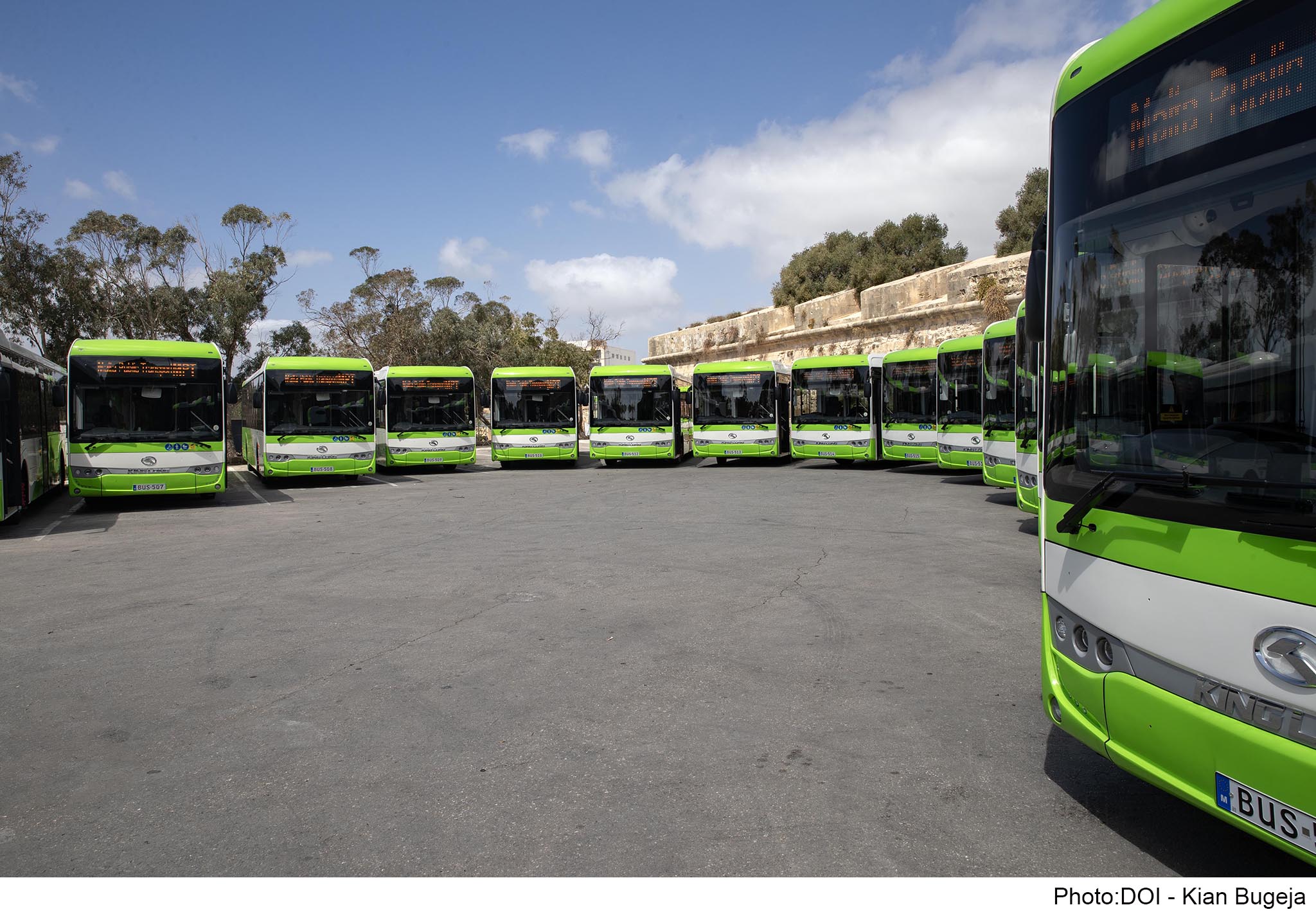In this latest edition of An Expert Explains, seasoned economists JP and Stephanie Fabri shine a spotlight on Monday’s Budget 2023 announcement, and the various roles which Government seeks to fulfil within the context of resources available.
More than just an accounting exercise, the economists speak of the opportunities to create a long-term, concrete vision for the country by guiding resources in a strategic manner.
They explain:
Any budget is nested within an economic reality and this year’s budget needs to be assessed against a unique environment dominated by a global energy crisis and inflationary spiral that the global economy is facing. The Budget for 2023 needed to therefore find the right balance between stability and investment; social protection and growth; and short-term stability and future development.

The annual budget is not just an accounting exercise whereby government projects its revenues and expenditures. It is an economic policy tool that allows governments to allocate resources within a financial constraint. It allows the government to correct market failures and more importantly to direct present resources to future growth.
In an economy, government seeks to fulfil five main roles through its resources, these being:
- A stabilisation role – government intervenes to ensure that the economy continues performing and generating wealth and in a time of economic crisis, like the present energy crisis, government intervenes to reduce this impact;
- An allocative role – this is the way Government allocates and gives signals on where and how to allocate resources;
- A distributive role – governments exist to correct market failures to ensure that the vulnerable in the society are supported;
- A regulatory role – this is the legal arm of government and which focuses on creating the right conditions for business to thrive and for creating a society that is governed by the rule of law;
- An administrative role– governments also play key administrative roles.
The Budget presented by far reflects the stablilising and distributive roles the Government is taking and building its work around. There is no doubt that this is a social budget at heart which aims at cushioning the impact of the energy hike whilst ensuring the adequacy and affordability of income of certain households. This role is only possible due to strong fiscal management Government displayed over the years.

The Government did not pen a budget that tried to be everything to everyone. It was very specific in its approach and target and the conscious choice of stability and social protection is something that the current reality dictates and necessitates.
From an allocative role, the push towards green transition continued through various schemes. On the other hand, a review of residency schemes is the main measure from the regulatory side whilst the digital transformation of the administrative function is also on the agenda.
Challenges remain. On a structural level, educational outcomes remain a key concern and challenge and would have liked the Budget to start steering the country towards a rethink of its educational system and structure which is more future-proof and industry ready.
To this end, we still believe that Malta requires an articulated long-term vision that is not just economic in nature but is a concrete vision for the Malta we aspire to see in twenty years’ time. Also, productivity is going to be critical going forward and we would like a bigger push on public and private sector productivity with a focus on impact effectiveness of Government spending and a focus on the quality of outcomes.
The Budget is also not the be all and end all of Government plans and one hopes that in the coming months the Government will continue to issue strategies that will complement this Budget.
Focus now needs to turn on its implementation. This will truly translate these measures into a more equal society with a resilient and an enabled private sector.
Government shells out close to €70 million to national bus operator Malta Public Transport in 2023
Buses became free for residents in late 2022, leading to a hefty increase in the public subsidy
Opera Cloud PMS: The cost-effective property management system for any hotel size
Smart Technologies Ltd provides leading hotel PMS system, starting from just €6 per room per month
Inflation rate in Malta drops from 3.7% in January to 2.7% in March, nearing EU average – Government
The Government attributed the decrease in inflation to its initiative ‘Stabbiltà’






